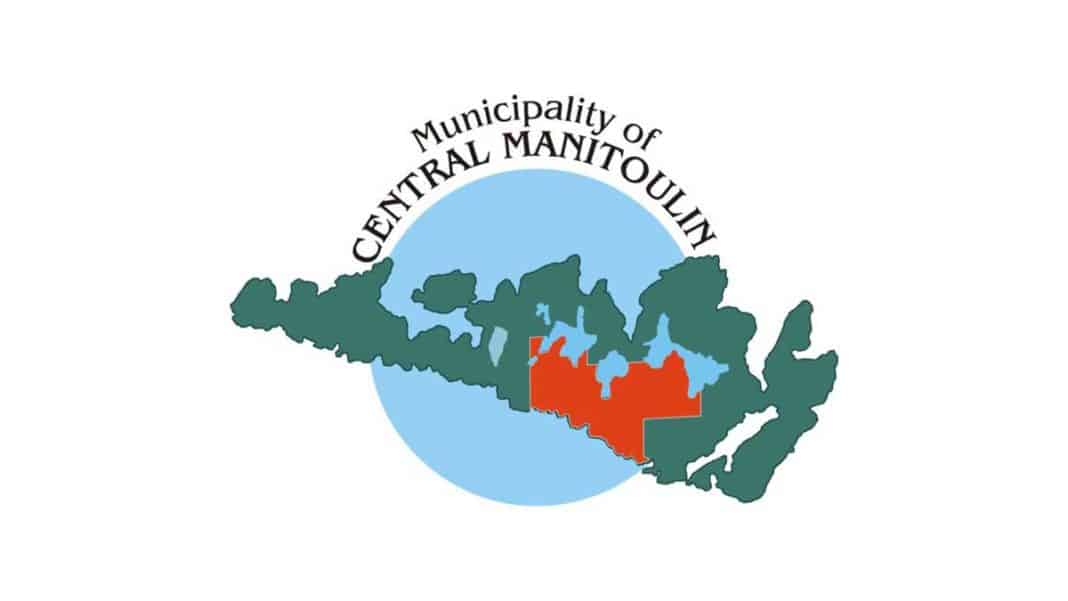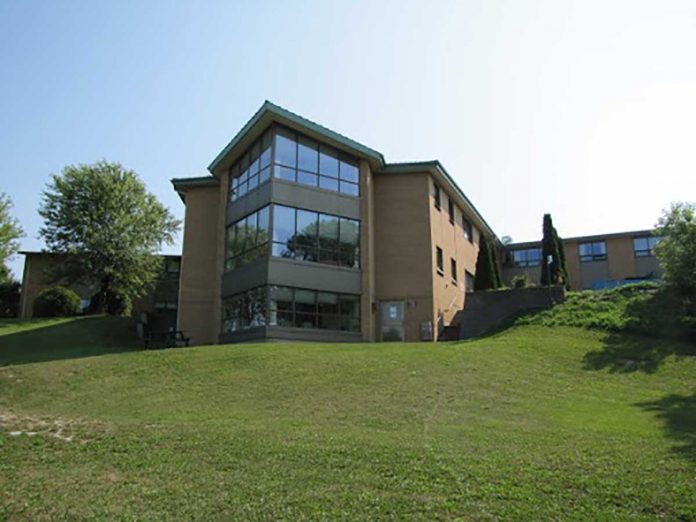CENTRAL MANITOULIN—Budget deliberations moved from committee of the whole meetings and onto a Central Manitoulin council meeting agenda recently.
During committee of the whole meetings focused on the budget, staff had been directed to sharpen their pencils to pare down the budget as much as possible—coming back with an operating budget and capital budget that would have resulted in a 1.5 percent increase in the overall levy but hitting the reserves for $684,000.
Mayor Richard Stephens noted that the levy increase was last that low in 2003, according to the list of budgets he had stretching back to 2000-2001.
“But even though our rate is low, people are still paying more taxes,” he said. The mayor noted his own taxes had doubled from $638 in 2003 to $1,251 in 2021. “We get blamed for high taxes, but it is MPAC doing it.”
Property taxes are based on assessment, which was changed to “real value assessment” several years ago. To calculate the total amount of taxes owing by a property owner, the mill rate (or rate per $1,000 value) is multiplied by the assessed value of a property. If an owner’s property rises more than that of other properties in the municipality, then the taxes on that property will rise by a greater rate. If the property value is less than the other properties, its portion will drop in relation.
In the end, council decided to increase the levy (total amount of money needed to run the town in 2022) to 2.4 percent, roughly the cost of living, instead of the 1.5 percent presented.
“With everything costing more these days, I can’t see the town being able to operate below the cost of living,” said Councillor Derek Stephens. He pointed to a number of unknown costs facing the municipality that could throw a serious wrench into the calculations.
In the end, the town decided to err on the side of caution and passed the $11,505,400 budget as presented, with a 2.4 percent increase to act as a cushion.
There was no dissent.




